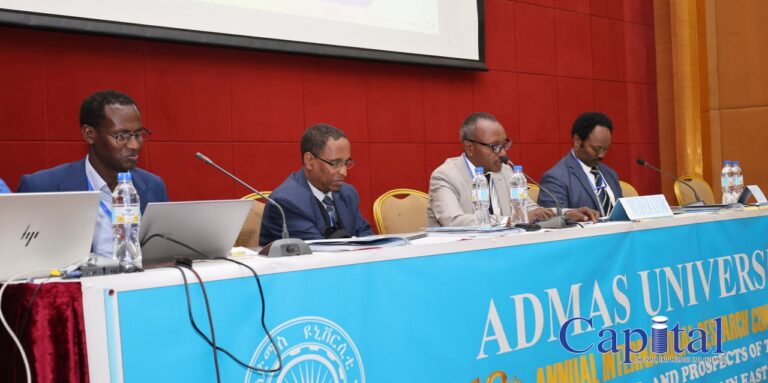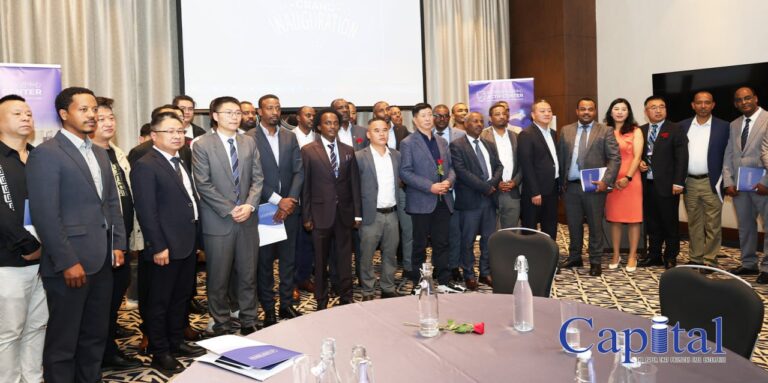Ethiopia is set to make a significant milestone in its education sector by officially recognizing educational programs for the first time. This development comes after two years of efforts by the Education Training Authority to establish procedures and guidelines aimed at helping educational institutions re-register and operate effectively.
In the past, the authority had indicated that quality audits and accreditation would be conducted to ensure that institutions provide quality education at the program level. This recognition signifies a formal work permit for educational institutions to operate within the framework of quality assurance.
As part of this initiative, various universities across the country are currently applying for accreditation of their programs. This year marks the first time Ethiopia will officially recognize these educational programs, reflecting a commitment to improving the quality of education in the country.

The necessary preparations for this recognition have been made, and the implementation process is underway. The Education Training Authority has announced that re-registration of institutions under the new system will take place in the first six months of the 2024/25 fiscal year. This announcement was made during the 16th International Conference held at Admas University.
Molla Tsegaye (PhD), President of Admas University, emphasized the institution’s commitment to conducting research and creating platforms for development. He noted that the university has hosted at least 18 conferences annually over the past 15 years, focusing on various aspects of higher education, including quality research and community service.
The recent conference addressed opportunities for success, challenges, and future prospects in higher education at the East African level. This dialogue is crucial as Ethiopia seeks to enhance its educational framework and ensure that institutions meet the necessary standards for quality education.
The recognition of educational programs is expected to not only improve the quality of education but also enhance the credibility of Ethiopian institutions on a regional and international scale. As universities work towards accreditation, they will be better positioned to attract students, funding, and partnerships that can further enhance their educational offerings.
Ethiopia’s decision to recognize educational programs marks a pivotal moment in its education sector. With the implementation of quality audits and accreditation processes, the country aims to ensure that its institutions provide high-quality education that meets both local and global standards. This initiative is a significant step towards fostering a more robust educational environment that can contribute to the nation’s development and growth.





